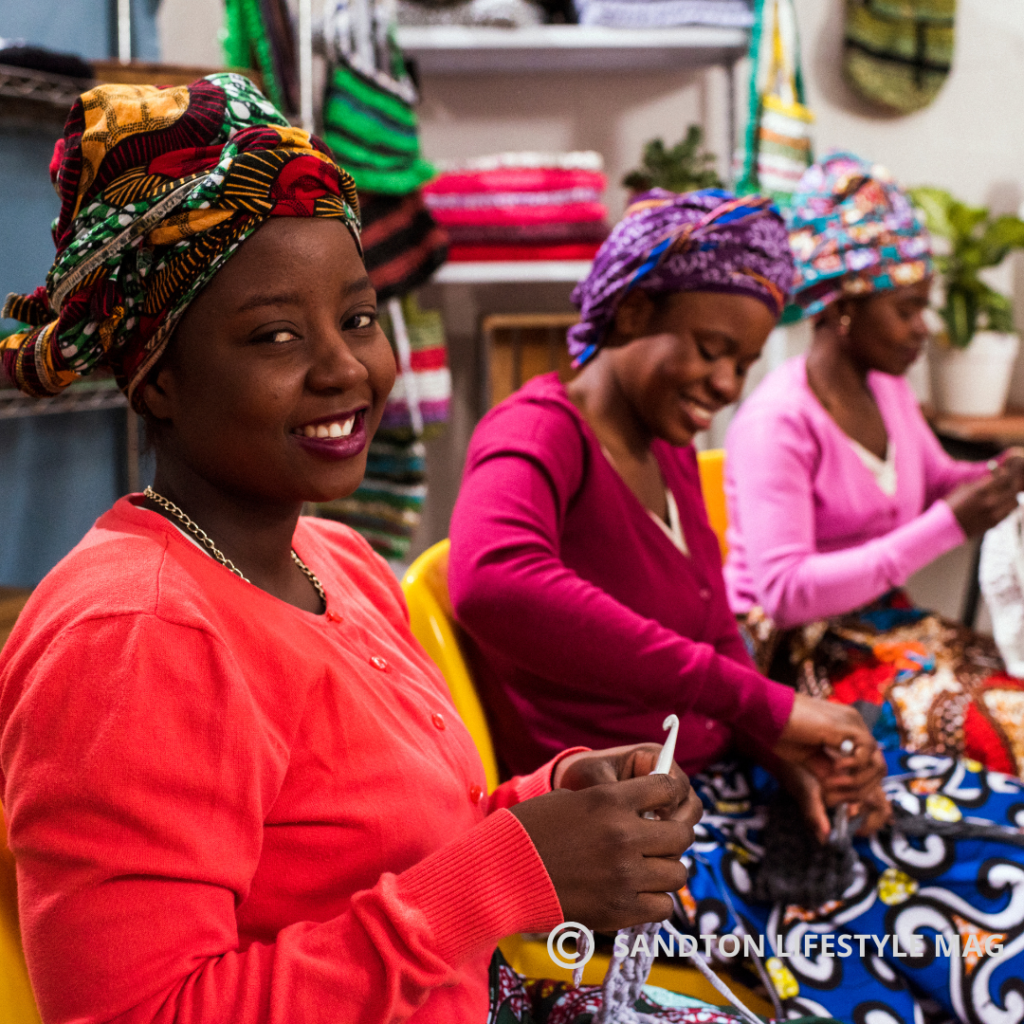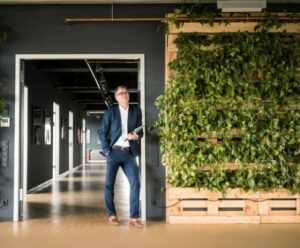The Startup Graveyard: Why 72% of SA Businesses Fail Early?
South Africa’s entrepreneurial landscape is a battlefield. For every shining success story, there are three ventures that don’t make it past year three, Entrepreneurs seldom have their first venture win, it is often after several failures that you see success.
According to the Global Entrepreneurship Monitor (GEM) 2023 report, 72% of South African startups fail within their first 36 months—one of the highest early-stage failure rates in the emerging market world.
But behind this sobering statistic lies a more nuanced story. Who are the 28% that survive? What are they doing differently? And what can aspiring entrepreneurs learn from them?

The Triple Threat Killing SA Startups
1. The Funding Crisis
Access to capital remains the #1 barrier for South African entrepreneurs:
-
72% of startups cite lack of funding as their primary challenge (SA Venture Capital Association).
-
Only 10% secure bank loans; interest rates are prohibitive for early-stage businesses.
-
Female founders face even steeper odds, receiving just 2% of total venture funding.
The silver lining? Alternative funding models are emerging:
Crowdfunding platforms like BackaBuddy and Thundafund have helped launch 1,200+ local projects since 2020.
Angel investor networks (e.g., AngelHub Africa) are becoming more active, though still concentrated in tech.
2. Load-Shedding’s Stranglehold
-
Eskom’s relentless power cuts aren’t just annoying—they’re bankrupting small businesses:
-
R500 million per day in lost productivity (PwC estimate).
-
15% of small food businesses (bakeries, butchers) have closed since 2022 due to spoilage.
Adapt or die: The survivors are innovating:
Solar-powered solutions: Companies like Sun Exchange help SMEs lease solar panels.
Cloud-based operations: Startups are using tools like Yoco’s offline payments to trade through blackouts.
3. Regulatory Quicksand
Compared to other African markets, SA’s bureaucracy is notoriously slow:
-
Takes 21 days to formally get everything in a registered business compliant (k44)
-
47 separate regulations apply to a simple street food vendor (Cape Town case study).
Hope on the horizon? The draft Startup Act proposes:
Fast-tracked business registration (<1 days).
Tax incentives for investors in early-stage ventures.
Profiles in Resilience: The 28% Who Make It
Case Study 1: SweepSouth – Breaking Barriers
Founded in 2014 by Aisha Pandor, SweepSouth became Africa’s first on-demand home-cleaning platform.
Their survival recipe:
Solved a real pain point: Domestic workers often wait months for pay; the app guarantees same-day payment.
Adapted to crises: During COVID, they pivoted to commercial disinfection services.
Now operates in 4 countries with 50,000+ cleaners on the platform.
Case Study 2: Khula! – Farming in the Digital Age
This agri-tech startup connects small farmers to formal markets via an app.
Key moves that saved them:
Started hyper-local (only 10 farmers in KZN) before scaling.
Used WhatsApp for low-tech onboarding (critical for rural users).
Now works with Shoprite and Woolworths supply chains.
The Founder’s Lifestyle: Sacrifice vs. Sanity
-
The psychological toll is severe:
-
55% of startup founders report clinical anxiety or depression (SADAG).
-
80% work over 60 hours/week in the first two years.

The new mindset:
-
“Profit first, passion second” – Many failed “passion projects” ignored unit economics.
-
Outsourcing early – Successful founders delegate admin to virtual assistants.
-
Strict boundaries – No more 3 AM hustle; sleep is non-negotiable.
3 Non-Negotiable Lessons from Survivors
-
Validate before you invest
-
Test demand with a “minimum viable product” (e.g., a Facebook page before renting a shop).
-
Cash flow is oxygen
-
“Revenue solves all problems” – Cut non-essentials until you’re profitable.
-
Build your tribe
-
Join SA SME networks (e.g., Heavy Chef, 22 On Sloane) for mentorship.
The Bottom Line
South Africa’s entrepreneurial journey isn’t for the faint-hearted. But for those who solve real problems, adapt relentlessly, and protect their mental health, the rewards extend far beyond money—they’re rewriting the future of the continent.
You may also like
-
South African Arts Icon, Kurt Egelhof, launches four-book collection in May 2025
-
The Right Decision: Going green just makes ‘Cents’ and ‘Rands’
-
Jacaranda FM’s Good Morning Angels Donates R50,000 Towards Cutting-Edge AI Glasses to Soweto Woman in Life-Changing Act of Kindness
-
FICA Made Simple: A Guide For Property Buyers And Sellers
-
South Africa’s #1 Good News Podcast, “Good Things with Brent Lindeque,” Returns Bigger and Better in 2025







